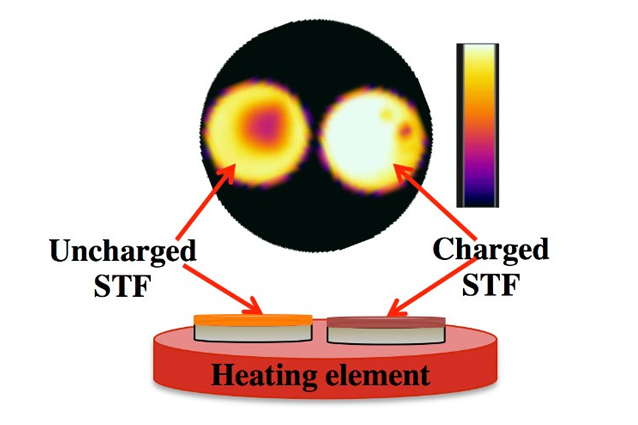
If you’re facing down the winter blues, this clean energy news will give you the warm fuzzies: MIT researchers are developing a polymer that can store the sun’s energy as a chemical reaction and later release it directly as heat rather than electricity. From clothes to car windshields, the discovery has the potential to touch many aspects of our daily life.
Results detailed in the journal Advanced Energy Materials explain the team’s quest for solar thermal fuel (STF) materials in the solid state. Their approach is the first based on inexpensive materials and widespread manufacturing technology. According to the paper—authored by materials science and engineering faculty member Jeffrey Grossman, the Morton and Claire Goulder and Family Professor in Environmental Systems, along with postdoc David Zhitomirsky and grad student Eugene Cho—the findings offer “the possibility of integrating STF materials into a multitude of existing solid-state devices such as coatings for deicing, or novel applications such as solar blankets and other consumer-oriented heating equipment.”
BMW was a sponsor of the research, and Grossman says the auto industry is a prime candidate for applications of the technology. It may be particularly useful for electric cars that must divert significant energy from driving to heating in cold weather.
Read more at MIT News about how the technology works.
And visit the Boston Globe for coverage capped off by a bonus gallery of photos from MIT’s past—from a student piloting a DYI glider around campus in 1930, to the 1999 hack that costumed the Great Dome as R2D2.